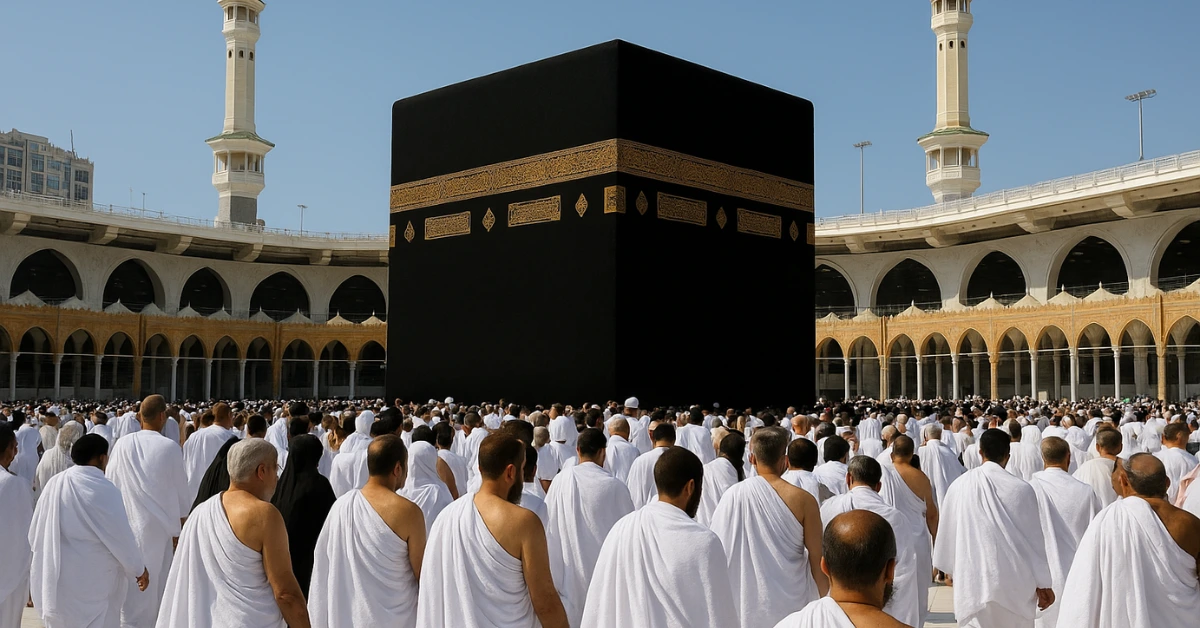The Ministry of Religious Affairs has announced that the second phase of applications for the 2026 government Hajj scheme will open on August 11, giving both registered and first-time applicants the chance to apply. The announcement comes shortly after the completion of the first phase, during which more than 71,000 applications were submitted.
According to officials, the first phase was limited to those already registered for the pilgrimage. Each applicant was required to submit an initial payment of Rs500,000 along with their application.
Second Phase Open to All Applicants
The second phase will run from August 11 to August 16. Applications will be accepted on a first-come, first-served basis until the government quota is filled. This year, more than 116,000 Pakistanis are expected to perform Hajj under the government scheme. Once the quota is reached, the ministry will immediately stop accepting applications.
Overseas Pakistanis can also apply through a close relative in Pakistan at designated banks. Medical fitness certificates for overseas applicants can be submitted upon arrival in the country.
Quota, Costs, and Requirements
Pakistan’s total quota for Hajj 2026 stands at 179,210 pilgrims, with 119,210 allocated to the government scheme and 60,000 for private operators. Final confirmation is pending approval from Saudi authorities.
The government will offer two travel packages: a 38–42 day package and a shorter 20–25 day option. Costs are estimated to be between Rs1.15 million and Rs1.25 million, depending on final service agreements. Applicants will pay Hajj dues in two installments — Rs500,000 for the long package and Rs550,000 for the short package initially — through designated banks.
Pilgrims must hold a valid Pakistani passport until at least November 26, 2026. Children under 12 will not be eligible, and all applicants must be vaccinated with Saudi-approved vaccines. The “Road to Makkah” initiative will continue at Islamabad and Karachi airports to facilitate pilgrims, while overseas applicants will be allowed to send payments directly to nominated bank accounts.
The ministry has confirmed that payments for animal sacrifice will be made only through the official Saudi system.

